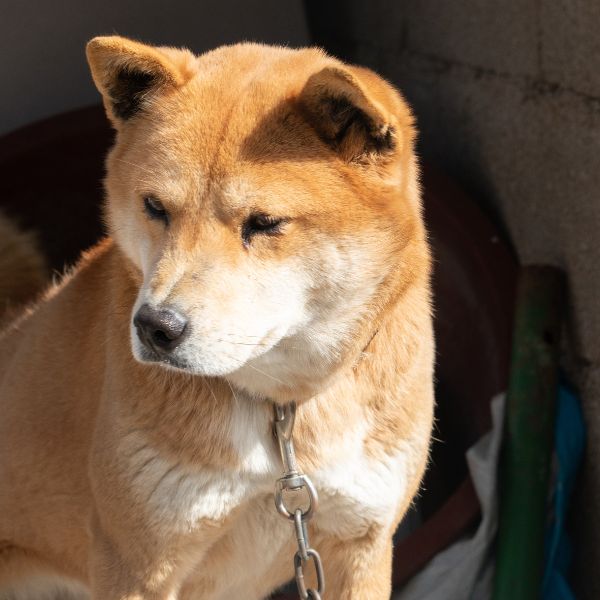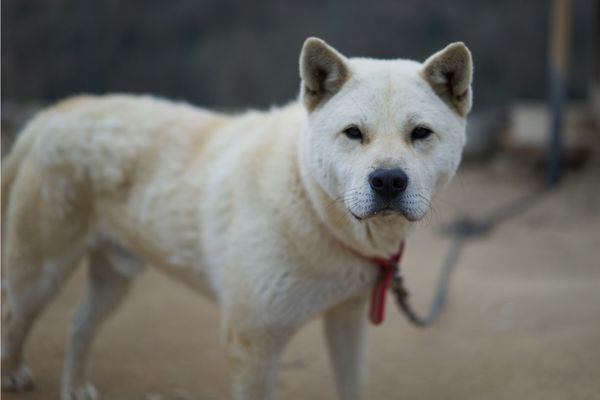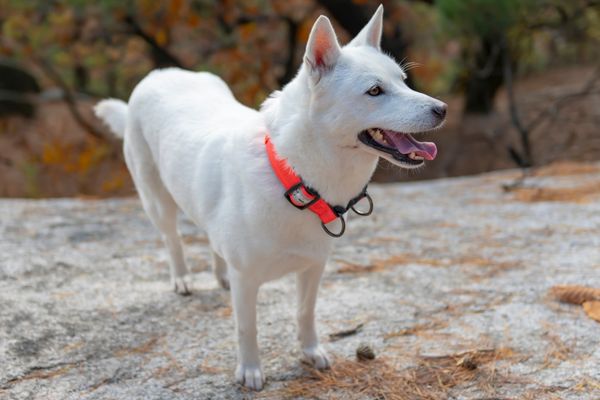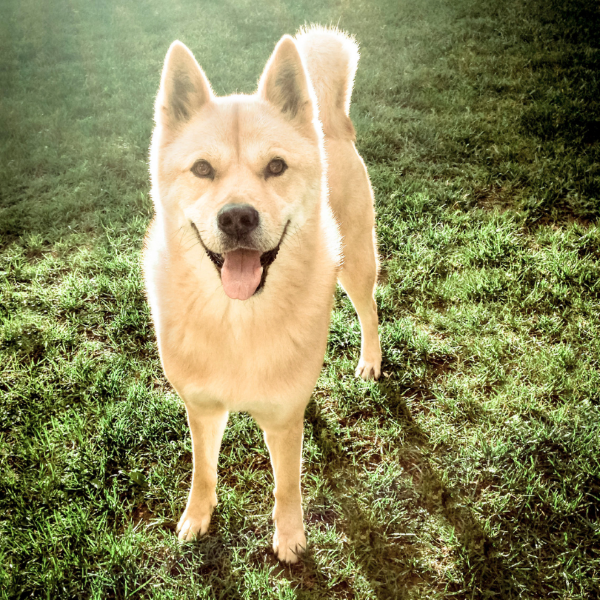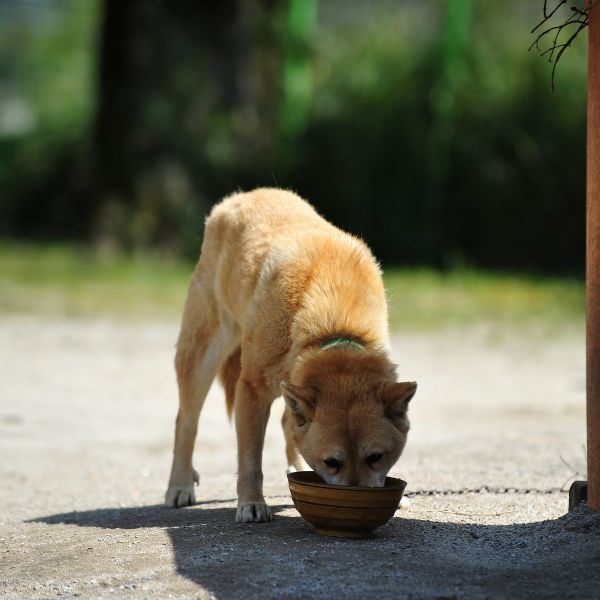Do Jindo’s bark a lot?
Jindo Dogs: The Barkers and the Quiet Ones
When it comes to barking, Jindo dogs are not as vocal as some other breeds. They are generally laid-back and prefer to relax and keep an eye on their territory. In fact, I’ve witnessed them silently chase after prey while hunting. However, it’s important to note that Jindos can have different temperaments, and their behavior may vary from one dog to another.
The Two Categories: Silent or Barkers
During my time in Korea, where Jindos originate from, I encountered numerous Jindos while walking my own dogs. From my observations, I noticed that they could be divided into two categories: the silent ones and the barkers.
Silent Jindos
Some Jindos are incredibly calm and submissive. They won’t utter a sound even when a stranger walks by or when confronted by other dogs. They simply keep to themselves and avoid trouble.
Barkers among Jindos
On the other hand, the barkers among Jindos are quite the opposite. They seem to burst into a chorus of loud, powerful barks at even the slightest provocation. Interestingly, they tend to be even louder when they have their fellow Jindos nearby for support. I’ve also noticed that the more Jindos there are in an area, the louder they tend to become. Additionally, younger Jindos are generally more vocal than adults.
Personal Experience with Jindos
In my personal experience, I’ve had the opportunity to interact with two adult Jindos and five Jindo puppies. One of the adult Jindos, whom we walked on behalf of her elderly owner, never barks, and barely even whimpers. She’s a gentle and loving dog who actively avoids confrontation. She has never shown any signs of being territorial.
During the time we walked her, she gave birth to five puppies. Only one of them turned out to be a barker. Even as a puppy, she was very vocal, and that behavior continued as she matured. Her sister, however, has always been quiet and submissive.
Another Jindo dog I have experience with barks at strangers (he particularly dislikes the postman and motorbike riders). However, he quickly quiets down when he realizes he’s being watched. This Jindo is also quite territorial and always ready to defend his home and chase away intruders. Given the opportunity, he happily barks at other dogs to keep them at bay.
When Are Jindos Most Likely to Bark?
So, when are Jindos most likely to bark? Jindos are most inclined to bark when strangers enter their territory, especially when their owner is not at home. They will also bark at unfamiliar dogs and, if off-leash, may even attempt to chase them away. Without proper training, some Jindos can be quite territorial and may resort to aggression towards dogs they dislike, although they generally prefer to run away rather than engage in a fight.
Do Jindos Bark Loud?
In terms of volume, Jindos have a loud and powerful bark that can carry a considerable distance. They can also howl, emitting a mournful sound at times.
Anxiety in Jindos
As for anxiety, my Jindo-cross exhibits signs of anxiety. He’s scared of loud noises like trucks and thunderstorms, often hearing them before I do. He also dislikes being left alone at home and experiences separation anxiety. When we leave the house, he barks and howls to get our attention, though he eventually quiets down after a few minutes. Additionally, he becomes visibly upset whenever we start packing for a vacation. He truly enjoys being a part of the pack.
Thinking about the other Jindos I have experienced, most of them tend to have quite calm personalities and do not seem to suffer from anxiety. However, it’s possible that they are simply better at hiding their anxiety or have not been exposed to triggering situations.
